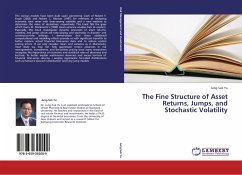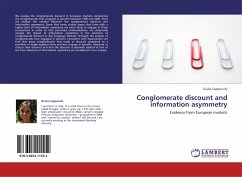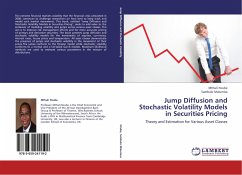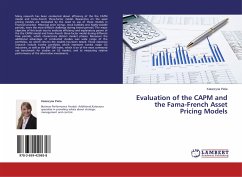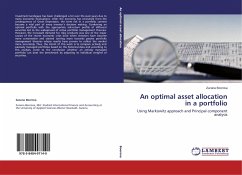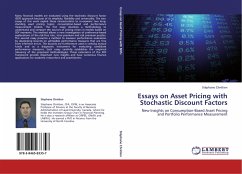
Essays on Asset Pricing with Stochastic Discount Factors
New Insights on Consumption-Based Asset Pricing and Portfolio Performance Measurement
Versandkostenfrei!
Versandfertig in 6-10 Tagen
39,99 €
inkl. MwSt.

PAYBACK Punkte
20 °P sammeln!
Many financial models are evaluated using the stochastic discount factor (SDF) approach because of its simplicity, flexibility and universality. The two essays of this work exploit these characteristics to re-examine two long-standing asset pricing topics: consumption-based and performance measurement models. The first essay develops a methodology to understand and compare the sources of pricing errors in models based on SDF moments. The method allows a new investigation of preference-based explanations of the risk-free rate, term premium and risk premium puzzles. The second essay presents a m...
Many financial models are evaluated using the stochastic discount factor (SDF) approach because of its simplicity, flexibility and universality. The two essays of this work exploit these characteristics to re-examine two long-standing asset pricing topics: consumption-based and performance measurement models. The first essay develops a methodology to understand and compare the sources of pricing errors in models based on SDF moments. The method allows a new investigation of preference-based explanations of the risk-free rate, term premium and risk premium puzzles. The second essay presents a method to measure performance evaluation by developing bounds on admissible performance measures that are free from inference errors. The bounds are furthermore used in ranking mutual funds and as a diagnostic instrument for evaluating candidate performance measures. Each essay carefully establishes the empirical relevancy of the proposed methodologies. These extensions of the SDF framework provide important new insights and have numerous finance applications for academic researchers and practitioners.



